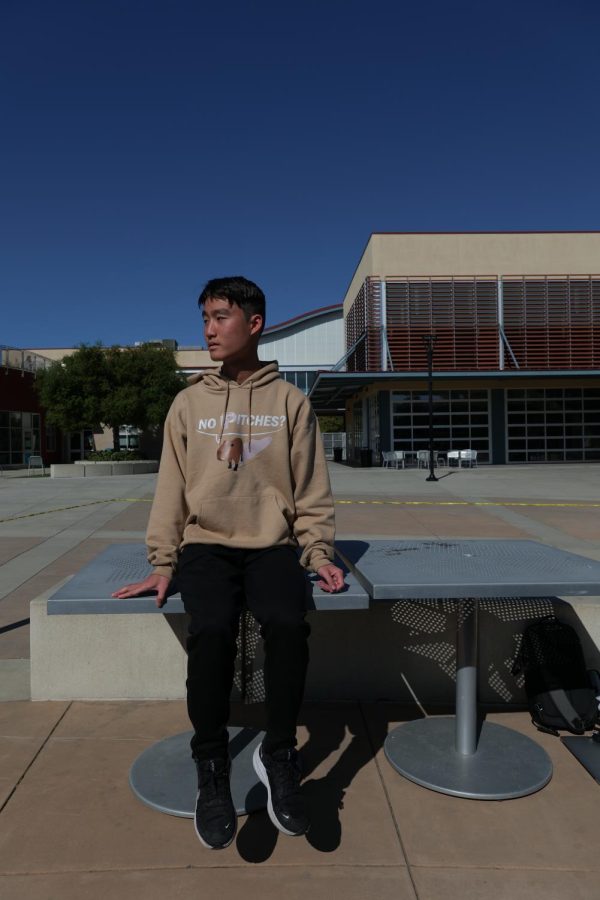Adapting from China to America
For me, adapting to the United States was like sailing. At first, the world felt void, absent of any excitement and enjoyment. Unable to speak the new language and clueless about the environment around me, I kept to myself because there was nothing else on the ocean beside me and my boat.
My brother and I were born in Canada. In 2008, the Great Recession chased our family back to China. While living in China, we stayed in Beijing, Shanghai and Guangzhou. My largest voyage started at 10 years old when my family moved from China to the US.
I still remember my first day of school in America. My teacher walked out of her classroom and introduced me to my “translator,” a student assigned to help foreign students adjust to the new environment because of their bilingualism.
Despite her limited proficiency in Chinese, my translator showed me immense kindness and soon became my closest friend in school. She quickly became something akin to a search engine for me. I would bombard her with questions like “What is recess?” or “What is a glue stick?” Once, my tablemates said, “Ben, shut up,” and I replied would, “What is shut up?”
To my peers, I might have appeared less intelligent, but my innate curiosity and ignorance of their opinions allowed me to quickly learn the basic English language as well as the customs of those around me.
Initially, I was not outgoing. At first, gathering the courage to ask questions was one of the most challenging things for an immigrant student who did not know anything. But as I became accustomed to asking questions, I discovered that people were willing to help. If you are an immigrant in the US, do not be afraid to ask questions. Due to how diverse the US population is, no matter which country you are from, many people understand your experiences.
My family loves traveling, and that passion carried on when we moved to the US. Within a few months of arriving in the US, my parents took my brother and me out every weekend to tour any place they deemed interesting instead of staying at home and learning English. We visited national parks, museums, famous landmarks, art exhibits and well-known restaurants.
In search of a tight-knit community, my brother and I joined a local soccer team, participated in a service project and later signed up for a boy scout troop. Through these groups, my brother and I explored more of the local culture by interacting with diverse members. Ultimately, my parents tried to make us understand and feel connected to our environment. They knew the fastest way was to experience the unique highlights and the diverse culture around us.
Adapting to a new environment has given me many essential skills and attributes that define who I am today. Particularly, being in a foreign environment forced me to constantly search for information, allowing me to hone my skill of finding answers by myself. Furthermore, my constant exploration of the diverse environment around me helped me develop an innate drive to learn about different topics. Lastly, by learning about Western culture through an Eastern lens, I could view things with a broadened perspective.
After all these years, the ship that is my life has seemed to arrive at its destination: America. Although sailing has seemed so pointless for so long, I have forgotten many of the hardships I experienced to get here. At this moment, I am no longer a foreign student in a new environment — rather, I am part of this community and can call Cupertino my home.




